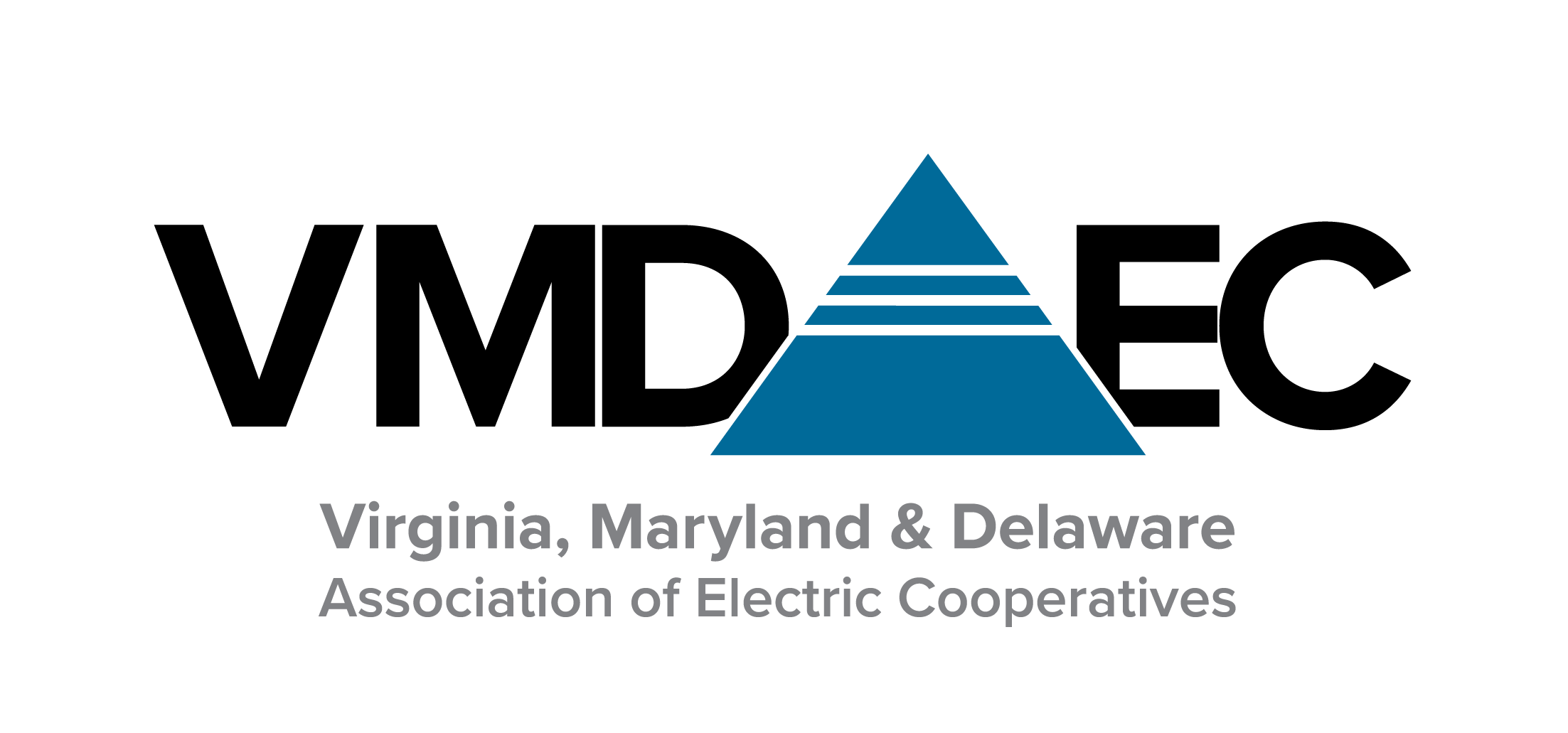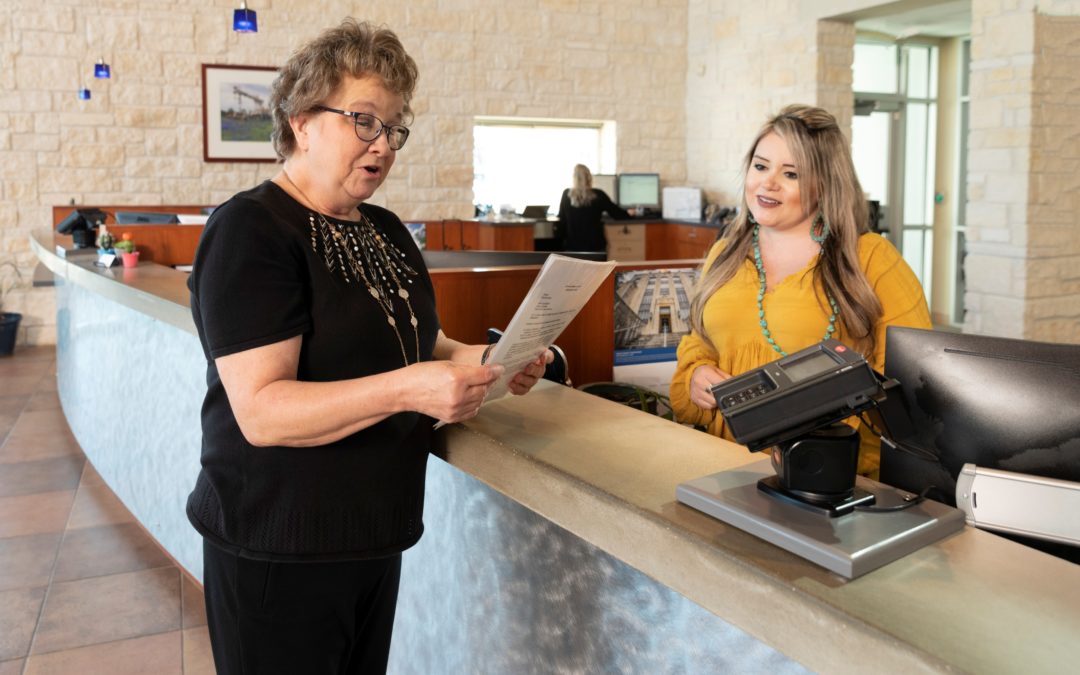Those aren’t just words or wishes. Working toward a greater purpose is at the heart of the co-op business model.
Electric co-ops are community-focused organizations that deliver safe, reliable and affordable energy to the consumer-members they serve. This is an exciting time to be a part of the energy industry. Technology is continuously advancing, and consumers want more say in the way they manage their energy use. That means electric co-ops need a variety of skill sets to develop new technologies and infrastructure, keep the electric grid secure and power the lives and economy of our local communities.
Here are four reasons why electric cooperative careers offer a unique opportunity to make a difference:
1. Member-Led: Because consumer-members lead and own the organization, co-op employees can take comfort knowing that the loyalty of their employer is with those served by the cooperative.
“If you work for an investor-owned business, you might be helping people in your community, but more likely you’re helping stockholders who could live anywhere in the world,” says Adam Schwartz, founder of the consulting firm The Cooperative Way. “Co-ops, with the services they provide, can have a great impact on the quality of life in the local community.”
2. Locally-owned: The best thing about an electric utility owned by its consumer-members is that all it will ever care about is its local community. And that makes a difference to an employee, says Michelle Rinn, senior vice president of human resources at the National Rural Electric Cooperative Association.
“People want to feel like they’re doing work that matters, like they’re contributing to the world at large,” she says. “For co-ops, that comes from a connection to the community and the fact that the folks you’re taking care of really are your neighbors, the people you go to church with or you see at the grocery store every day.”
Rinn says that when it comes to a job that provides electricity, “That’s work that matters. Especially when there’s a storm and the lights go out.”
Both Rinn and Schwartz agree that electric co-ops also achieve a larger employment goal by providing jobs in smaller communities where they’re typically located. As long as people will need electricity, electric co-ops will help the local economy with a strong, stable business.
3. Variety of Jobs: The more than 900 electric co-ops in 47 states require a lot of different skillsets to keep the lights on. That means potential employment seekers could find work in construction, electrical equipment operation, engineering, customer service, communications and public relations, employee benefits coordination, software analysis and vehicle maintenance, to name a few.
Schwartz says another high-tech co-op career is emerging as local economic development efforts begin to ask electric co-ops for help in providing high-speed broadband service for their communities.
Rinn sees different advantages for employees depending on the size of their co-op. In larger cooperatives, a variety of professions are available. At smaller cooperatives, employees have the opportunity to flex multiple professional muscles in a single role.
“At a really small co-op, people have to wear multiple hats,” she says. “You don’t come in and you’re just the accountant, or you’re just the receptionist, or you’re just the executive assistant. There’s the opportunity to work on a lot of different things and build a broad range of skills.”
4. Guided by Co-op Principles: The first modern co-op was formed in 1844 and developed a set of principles that guides co-ops today. Those include voluntary, open membership; democratic control by the membership; members’ economic participation; autonomy and independence; education and training; cooperation among cooperatives; and concern for community.
America’s electric cooperatives are looking for individuals to lead the charge in meeting our nation’s energy needs. Together, we can create a brighter future for all. To learn more about electric co-op career opportunities, visit vmdaec.powerfulcareers.
(Featured Photo – Customer service representatives help co-op members understand their bills.)


